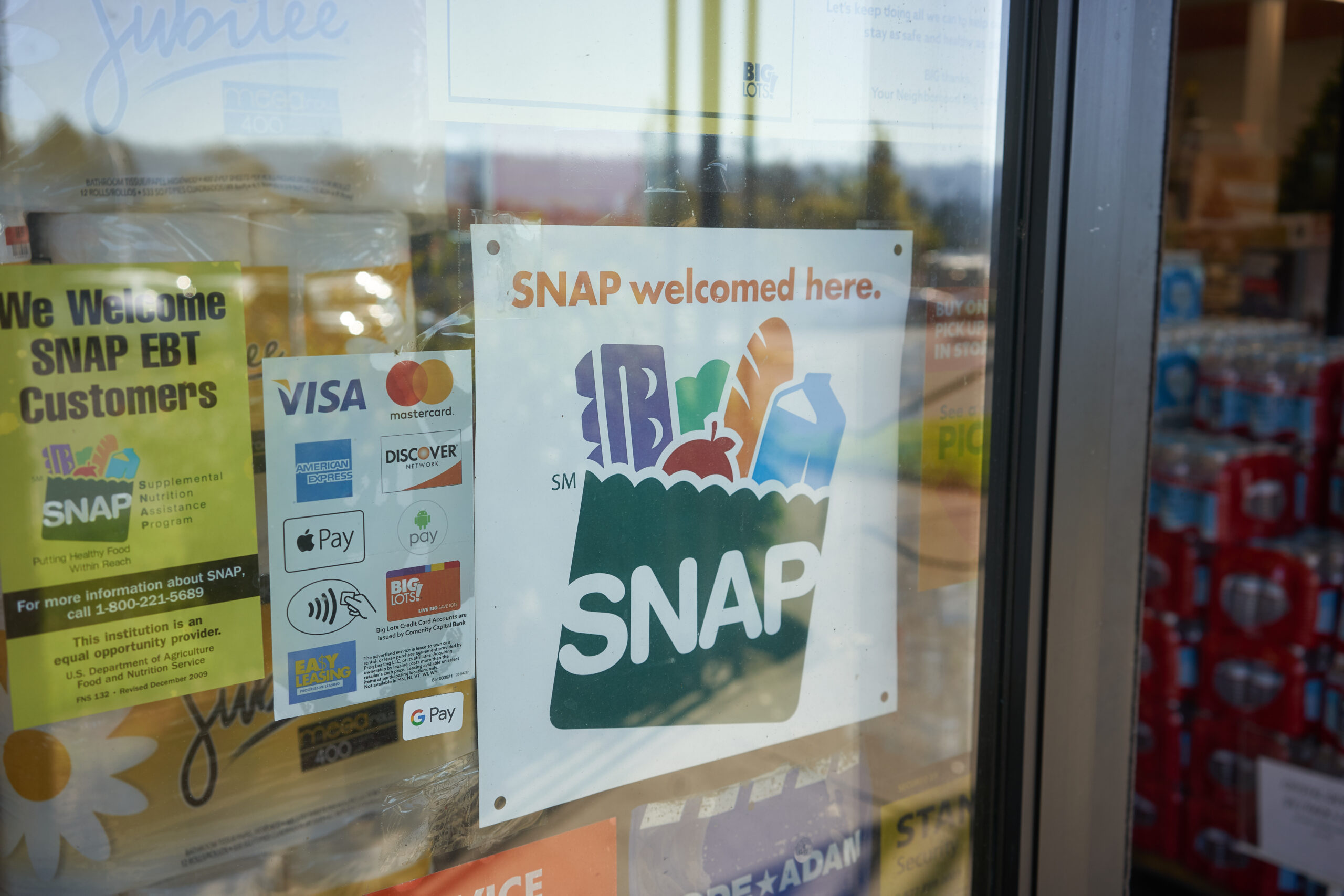Hunger relief organizations say expanded work requirements for SNAP are ‘unusually cruel’

After a lengthy negotiation process to settle on a bill that would raise the debt ceiling in order for the U.S. government to avoid default, the bill now expands the age range in which a person needs to be employed, or in a work training program, in order to receive Supplemental Nutrition Assistance Program, or SNAP, benefits.
The recently signed federal debt ceiling bill implements new employment requirements for those on food assistance programs due to low income, but Maryland focused hunger-relief organizations believe that the new requirements are “unnecessarily cruel” and politically motivated.
Currently, people from the ages of 18 through 49 must work at least 80 hours a month or be in a job training program in order to stay on SNAP, often referred to as “food stamps.” Otherwise, the recipient can only receive benefits for three months over a three-year period.
But the debt ceiling bill, which was approved by President Joe Biden on Saturday, gradually expands the age range up to 55 years by 2025.
The new language offers exceptions to the expanded “work requirements” for young adults who have aged out of the foster care system, people experiencing homelessness, and for veterans.
So those populations, along with current exemptions for people with disabilities, those with young children and others, are not subjected to the same requirements in order to get SNAP benefits.
That said, food poverty organizations such as Maryland Hunger Solutions believe that “food for hungry people should not have a time limit,” the group said in a press release.
Michael J. Wilson, director of Maryland Hunger Solutions, called the new SNAP requirement an “unusually cruel policy.”
“When [the expanded work requirements] were wedged into the debt limit bill – unrelated, just added in, because they have political power to do that – we were not happy,” Wilson said. “SNAP is not a work program, it’s not an employment program… and the majority of the people are SNAP recipient are children, are seniors and they’re disabled, and no one expects them to work.”
In addition to the new requirements, additional SNAP benefits and COVID-era policies ended in February, even as inflation and food insecurity remain concerns for many Maryland families.
“And so for the Congress to say ‘Hey, we want people to go back to work,’ doesn’t recognize the economic situation we’re in,” Wilson said. “And I don’t know why the Congress thought ‘You know, now’s the time to get people to go to work’ – except that I think that is an ideological division that some people had.”
According to the U.S. Census Bureau’s Household Pulse Survey data from April 26 through May 8, nearly 12 percent of Marylanders surveyed reported to have lost employment income within the previous four weeks. That is up from 10.7 percent in the previous survey period from March 29 through April 10.
The most recent data shows that of the Marylanders who recently lost employment income, 42,761 used SNAP benefits to meet their spending needs.
The issue of food insecurity in Maryland has gotten some attention by state officials. In Mid-April, Gov. Wes Moore (D) announced that the Maryland Department of Agriculture received millions from a federal grant to distribute to food banks, with the goal of providing fresh food from local Maryland farmers to those in need, WTOP reported at the time.




 Creative Commons Attribution
Creative Commons Attribution